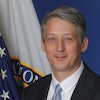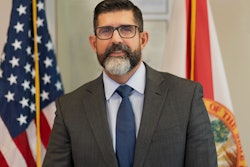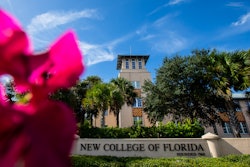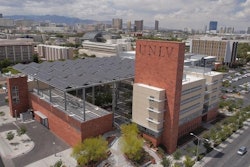When COVID-19 forced universities to shut down their campus, Zoom became the platform that connected instructors and students. However, this also meant that it’s become easier for speech to be recorded and shared on social media. As a result, students and faculty, out of fear of reprisal, have become less likely to share their views freely.
That's the findings from a new report by the American Council of Trustees and Alumni (ACTA).
To Dr. Jonathan Pidluzny, vice president of ACTA, the phenomenon of self-censoring on campuses started way before the pandemic. 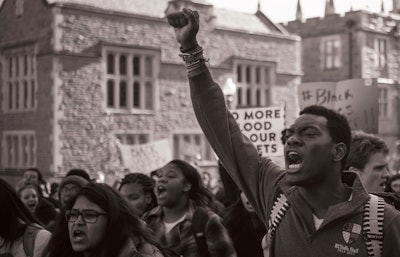
“We know that free expression is under assault on the ordinary college campus. And we know this from all kinds of anecdotes that we see in the news all the time,” said Pidluzny.
A 2019 ACTA survey revealed that over 60 percent of students refrained from expressing opinions on “sensitive political topics in class” in fear that their professors might disagree with them. About 85 percent of students would stop themselves to avoid offending fellow students.
The self-censoring has worsen when colleges switched to virtual learning according to Pidluzny who co-authored the new report “Building a Culture of Free Expression in the Online Classroom.”
“You don't have the trust that you can build by being in a classroom together where you have all kinds of interpersonal, non-verbal cues that help others understand that you might be playing devil's advocate or coming from a place of goodwill," he said. "It's harder to build the kind of trust that allows you to have those wide range of conversations."


